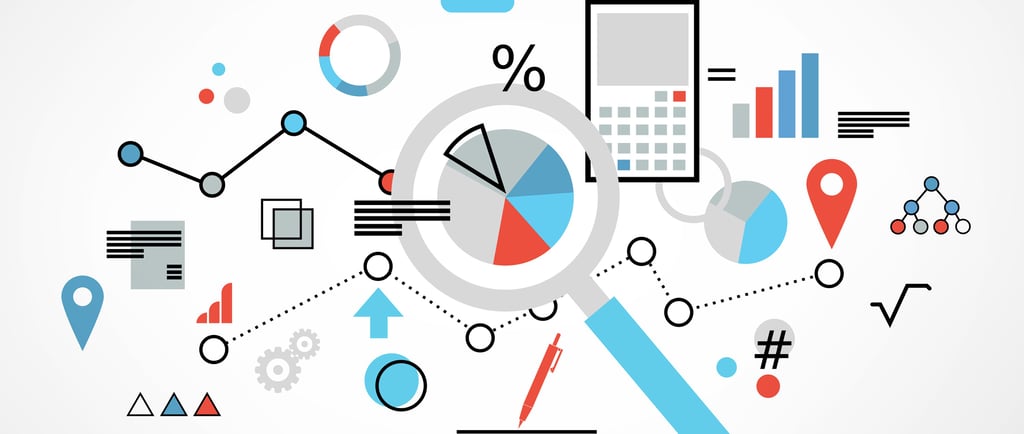Demystifying Data Methodology: Unveiling the Magic Behind Informed Decisions
GENERAL DATA


In today's data-driven world, businesses of all sizes are swimming in a sea of information. From customer preferences to market trends and operational metrics, data holds the key to unlocking valuable insights. But how do you transform raw data into actionable knowledge? The answer lies in data methodology.
What is Data Methodology?
Data methodology is the systematic approach to collecting, processing, analyzing, and interpreting data to make informed decisions. It's the structured framework that turns data into actionable insights. Think of it as the recipe for data success.
The Data Methodology Recipe
Imagine you're baking a cake. You need the right ingredients, a precise sequence of steps, and the right tools to ensure your cake turns out perfect. Data methodology works in much the same way. Here's a breakdown of the key ingredients:
1. Data Collection: This is where it all begins. You gather data from various sources—customer interactions, website visits, sales transactions, or any relevant data points. The data collected should align with your business objectives.
2. Data Cleaning: Raw data can be messy. It might have errors, duplicates, or missing values. Data cleaning involves identifying and rectifying these issues to ensure the data is accurate and reliable.
3. Data Analysis: This is where the magic happens. Using statistical and mathematical techniques, you explore the data to find patterns, correlations, and trends. You might employ visualization tools to make the data more digestible.
4. Data Interpretation: Analysis alone isn't enough. You need to interpret the results in the context of your business. What do the numbers mean? How can they inform your decisions?
5. Data Visualization: Sometimes, a picture is worth a thousand words. Visual representations like charts and graphs can make complex data easier to understand and communicate to stakeholders.
6. Decision Making: The ultimate goal of data methodology is to inform decision making. Armed with insights, you can make informed choices that drive your business forward.
The Benefits of a Solid Data Methodology
Data-Driven Decision Making: A structured data methodology empowers you to make decisions based on evidence rather than intuition.
Improved Efficiency: With a clear process in place, you can streamline data workflows, saving time and resources.
Better Understanding: Data analysis can reveal nuances and trends that might have otherwise been missed.
Risk Mitigation: Informed decisions are less likely to lead to costly mistakes.
Tailoring Data Methodology to Your Business
Data methodology isn't one-size-fits-all. It should be tailored to your business's unique needs and objectives. Consider these tips:
Clearly Define Objectives: Know what you want to achieve with your data. Your methodology should align with your goals.
Choose the Right Tools: Invest in data analytics tools and software that fit your requirements.
Continuous Improvement: Data methodology should be flexible and adaptable. As technology and business evolve, so should your approach.
In Conclusion
Data methodology is the secret sauce behind successful data-driven organizations. It's the systematic approach that turns data into actionable insights, driving informed decisions and better business outcomes. By understanding and implementing a robust data methodology, you can unlock the full potential of your data and stay ahead in today's competitive landscape.
Remember, data methodology is not a one-time effort; it's an ongoing process. Embrace it, refine it, and watch your business thrive in the data-driven era.
